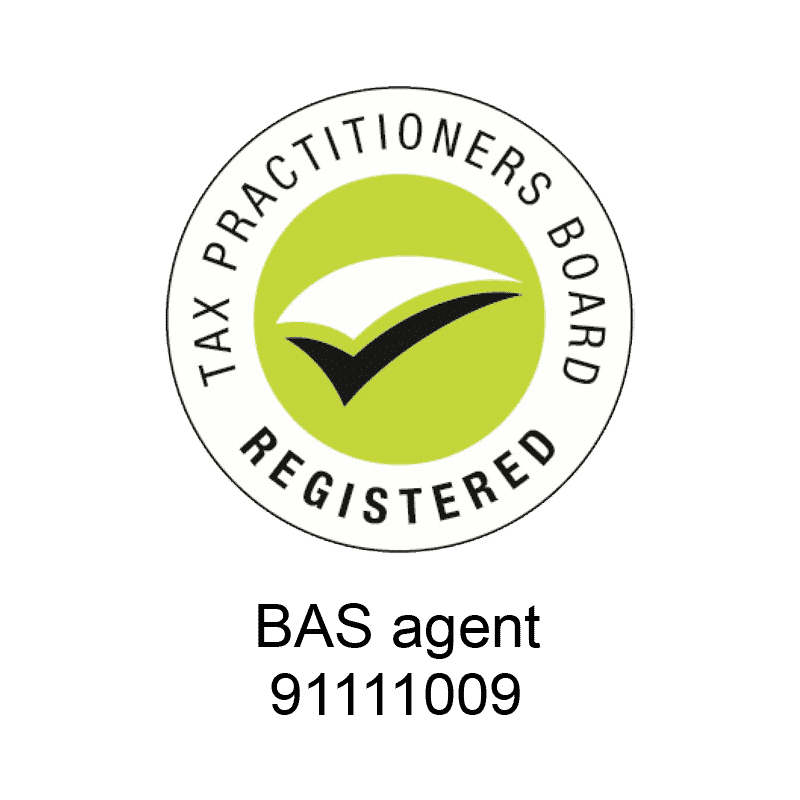The Difference Between Bookkeepers and Accountants
While bookkeepers and accountants share common goals, they have different functions for your business.
What Is A Bookkeeper?
A bookkeeper is predominantly concerned with recording financial transactions and ensuring business financial information is up to date. If you have a bookkeeper employed at your business for example, they will note down transactions on a daily or weekly basis ensuring a chronological record of payments is kept – both incoming and outgoing. Bookkeepers are responsible for looking after the books and preparing lodgements in relation to Goods and Services Tax (GST) and Pay As You Go (PAYG) withholding and instalment on Business Activity Statements (BAS). Bookkeepers also prepare information for accountants for end of financial year returns. The primary objective of bookkeeping is to keep a logical, organised record of business transactions and on time lodgements of business activity statements to the Australian Taxation Office (ATO).
Bookkeepers can further their qualifications to become BAS Agents. BAS Agents are predominantly concerned with representing their client in dealings with the Australian Taxation Office (ATO) when not employees of the business (in other words working on contract). Wise Click Training offers a course for those who are looking to equip themselves with the required skills for BAS agent registration with the Tax Practitioners Board (TPB). Legislation passed in 2009, designed to alleviate the workload of tax agents (accountants), has allowed non-tax agents (bookkeepers) to perform BAS related services with the ATO.
What Is An Accountant?
Accounting revolves around using the information provided by bookkeepers to interpret, analyse, evaluate and summarise the financial situation of an individual or business. Accountants utilise the data and their expertise to create reports and communications that accurately depicts their client’s financial condition. Based on the finances, accountants provide tailored advice and can assist with financial duties such as preparing and lodging tax returns. Accountants use financial records and accounts to understand the tax owed by the client, prepare the return and arrange for payments to be made on time.
Similarities Between Bookkeepers and Accountants
While both bookkeepers and accountants deal with financial information and transactions, there are some key differences between the two professions. In some circumstances, the line between bookkeeper and accountant may become blurred. The difference could be split by the different taxes they deal with, bookkeepers being the experts in GST and Accountants being the experts in Income Tax. Many businesses employ a bookkeeper that tends to do more than record transactions and update the books. Likewise, accountants are sometimes involved in looking after the accounts, as well as analysing the financial data provided by a client.
Bookkeepers and accountants both have skills that enable them to work with figures. Businesses looking to hire a bookkeeper or accountant should check the qualifications of the individual. Accountants will have a tertiary accounting degree, whereas BAS Agents should have a Certificate IV in Accounting and Bookkeeping qualification.
Differences Between Bookkeepers and Accountants
Accounting is a far broader occupation when compared to bookkeeping. Accountants often have experience in bookkeeping, but they also have a range of additional skills enabling them to interpret and analyse financial data. They create reports, offer advice and financial recommendations, prepare tax returns and provide a consulting service. Bookkeeping is primarily concerned with the recording of data, keeping the daily business transaction up to date and lodgements to the ATO on a regular basis which aids in laying the foundations for accountants to take the next step.
Generally, it is recommended to have both a Bookkeeper and Accountant working with your business to ensure you have all areas of reporting covered. Having both will also ensure you can get the best advice for all areas of your business.
Tasks Performed
Here is a snapshot of the differences between the tasks performed by a bookkeeper and accountant.
Bookkeeper
- Send customer invoices and record payments received
- Record and categorise daily payments and expenses
- Generate financial statements when required
- Conduct bank reconciliations when required
- Process payroll and report Single Touch Payroll to the ATO
- Calculate and lodge GST Liabilities to the ATO
- Lodge PAYG Liabilities to the ATO
- Prepare budgets and forecasts
- Provide year-end financials and tax documents to the accountant
Accountant
- File tax returns, conduct tax planning and provide tax advisory
- Advise business owner during financial decision making
- Assess financial health and make financial forecasts
- Review and analyse financial statements
- Analyse the cost of operations
- Prepare adjusting entries
- Perform audits
Required Training and Credentials
A key difference in bookkeepers and accountants is the level of credentials and qualifications you need to obtain.
Bookkeepers
Generally, bookkeepers aren’t required to have any tertiary qualifications, but BAS Agents are required to have the Certificate IV in Accounting and Bookkeeping. To be successful in their roles, bookkeepers need to be highly accurate and knowledgeable about financial topics. A bookkeeper’s work may be overseen by an accountant or small business owner. Wise Click Training provides courses to assist bookkeepers and BAS Agents utilising both MYOB and Xero software. Wise Click Training also offers a course for bookkeepers who wish to become registered BAS Agents with the Tax Practitioners Board (TPB).
Accountants
In Australia, to become an accountant, a formal qualification is required such as a Bachelor of Accounting or Master of Professional Accounting. Alternatively, a Certified Practising Accountant (CPA) program must be completed. At a minimum, a bachelor’s degree in accounting is a requirement to apply to an Australian professional accounting body. Wise Click Training, as a Registered Training Organisation (RTO), offers various short courses for those interested in kickstarting a career in accounting and learning various software before starting at a university.
Benefits of Utilising Bookkeepers and Accountants For Your Business
In business, there’s nothing more important than turning over a profit. To stay afloat and achieve goals and objectives, cash flow is critical. Bookkeepers and accountants assist business owners in organising and understanding their financial position.
Bookkeepers
If you don’t have a firm grip on your financial position, there’s every chance that you could encounter unexpected difficulties or cash flow issues. By hiring a bookkeeper, you are ensuring that your books are in order from day one. For many individuals and small business owners, getting sorted for tax time can be highly stressful. This highlights the benefit of hiring a bookkeeper to maintain the order of your books, so that your accountant can analyse the business data and provide guidance on tax owed and business financial decisions.
An additional benefit of working with a bookkeeper is that it frees up your business’ staff to focus on tasks that match their individual skill sets. You can tick off jobs on your to-do list without the need to worry about the finances of the business.
Accountants
An accountant can help you take care of your taxation requirements, eliminating stress and allowing you more time to focus on the core elements of running a business. Accountants also mitigate the risk of mistakes, incorrect calculations and being hit with fines from the Australian Tax Office (ATO). If you have little to no experience in accounting, filing tax returns, or you’re unsure about what expenses can be claimed – it will be highly beneficial to employ an accountant.
Why Choose Wise Click?
As a registered training organisation, Wise Click Training offers its students nationally recognised units of competencies in the bookkeeping field. Our trainers are fully accredited and are passionate about assisting students in their professional development. Our current Certificate IV in Accounting and Bookkeeping classroom pass rate is above industry standard, and we take great pride in seeing our students become confident, qualified bookkeepers and administration staff. If you’d like to enquire about any of our courses, or you’d like to learn more – get in touch with the Wise Click team today.







